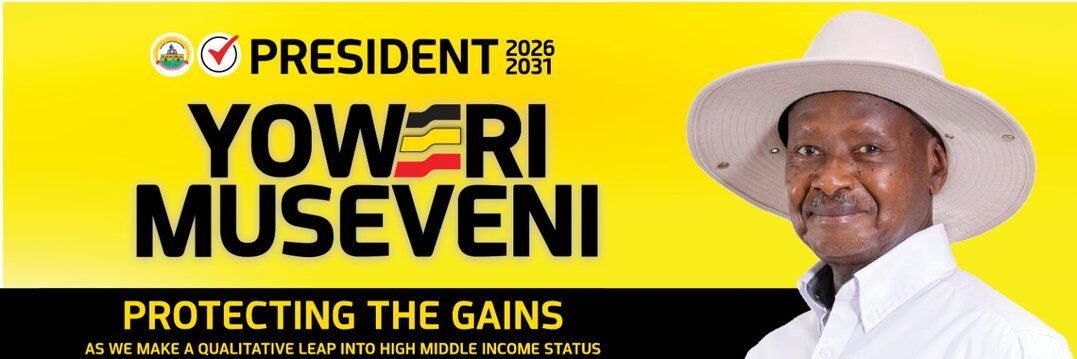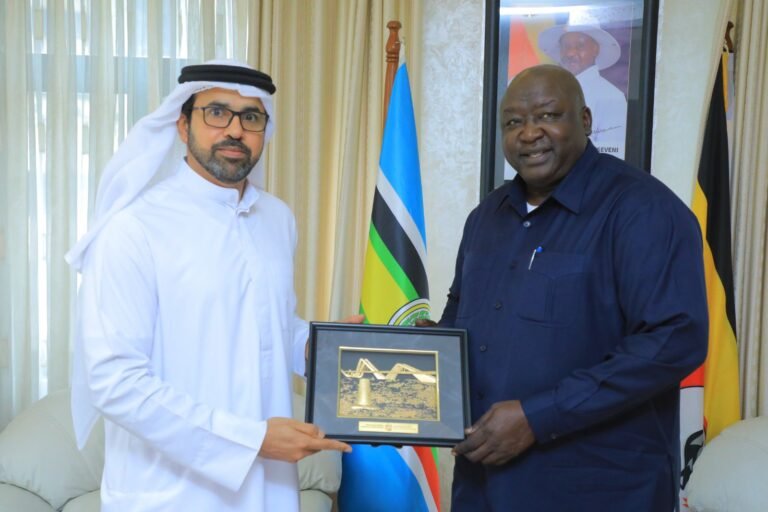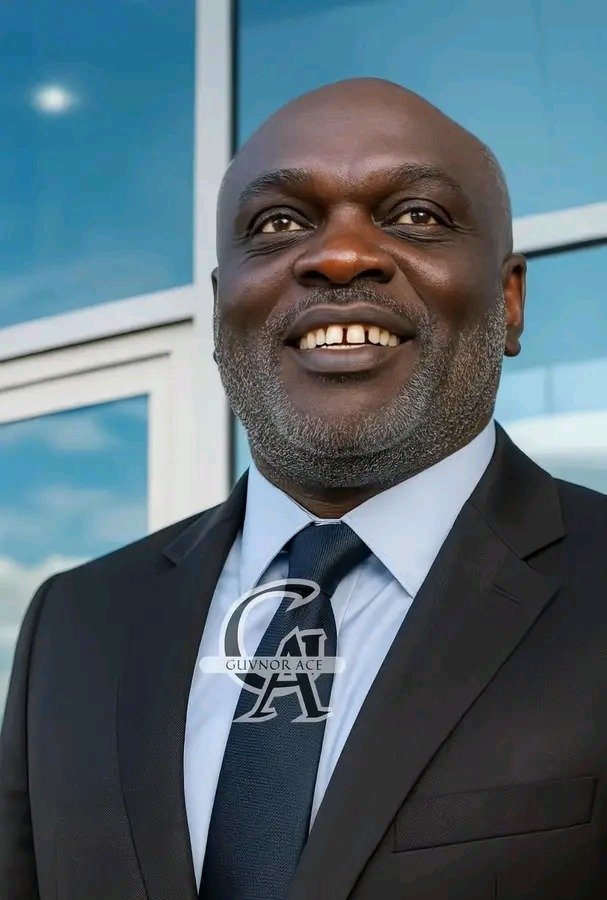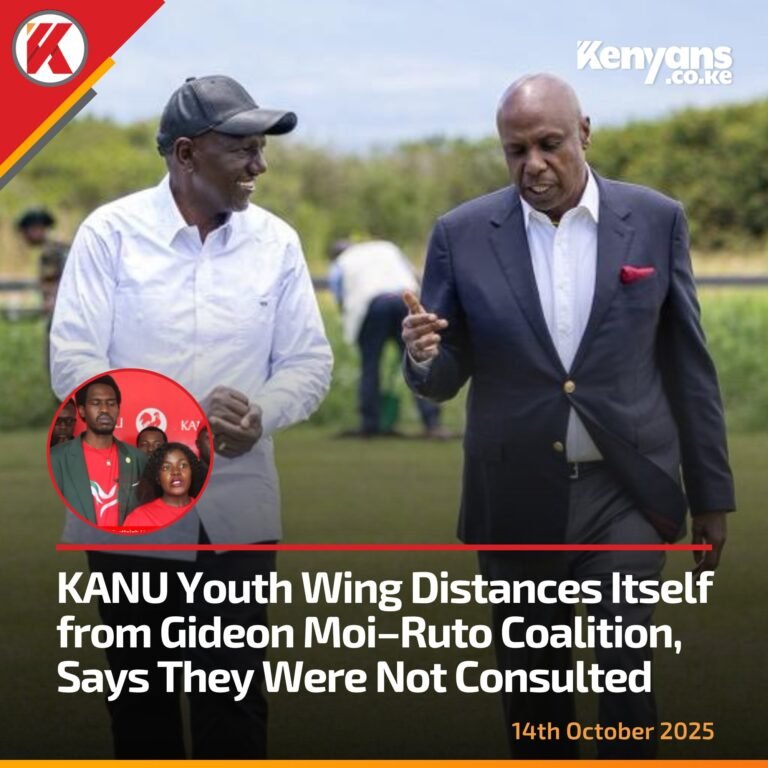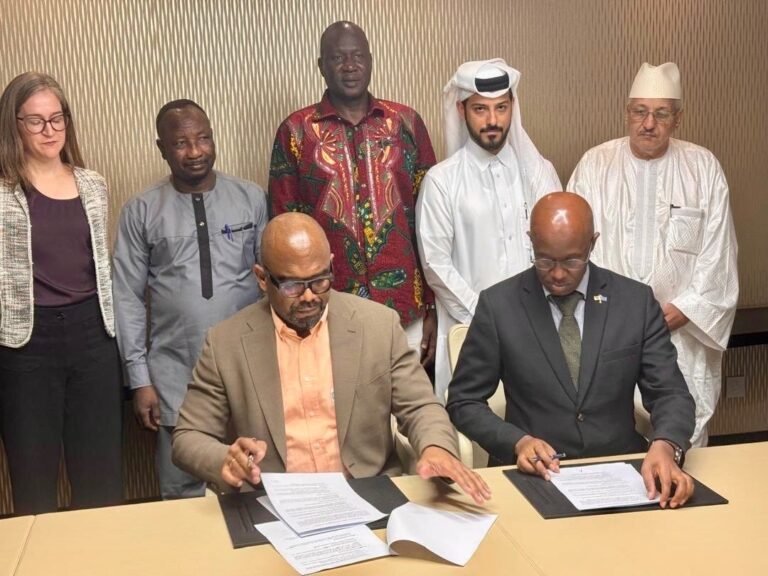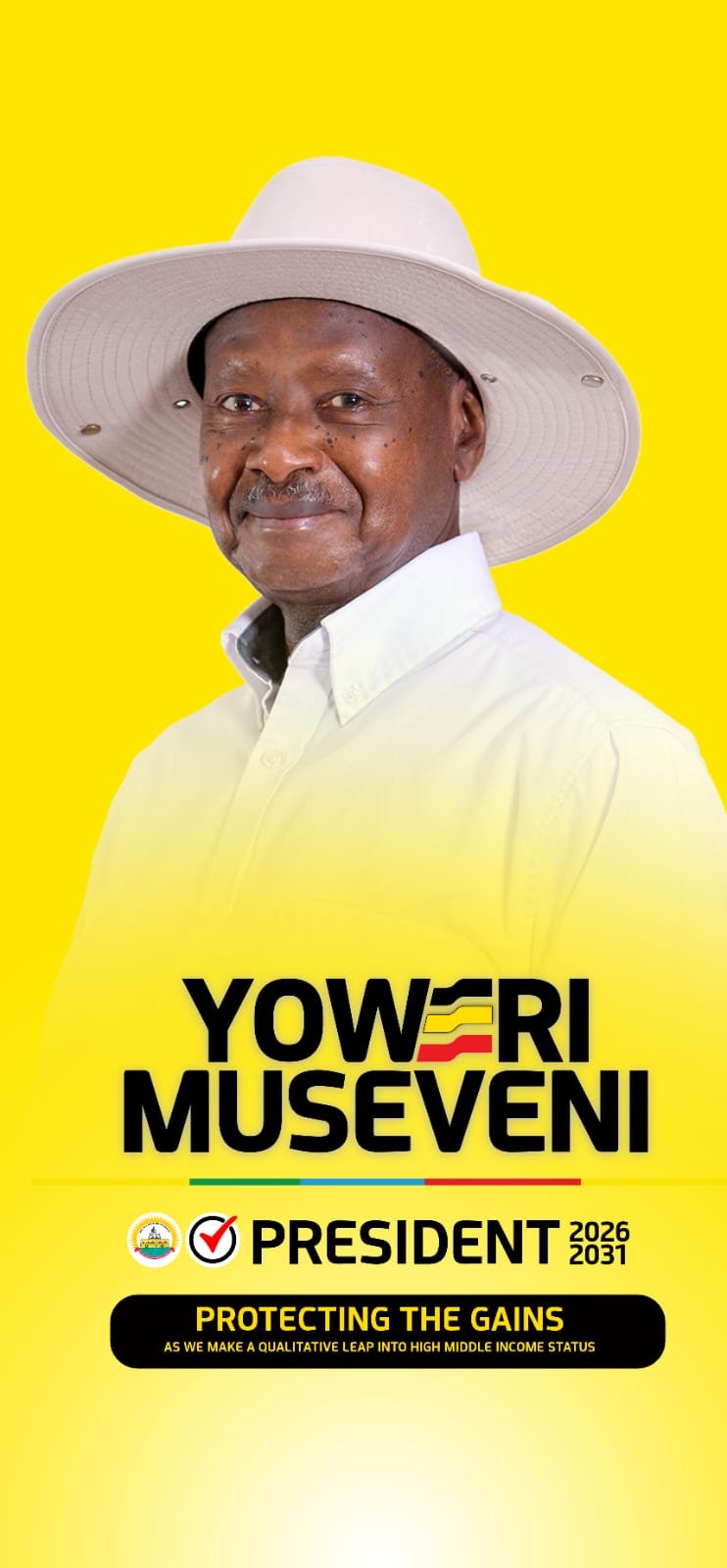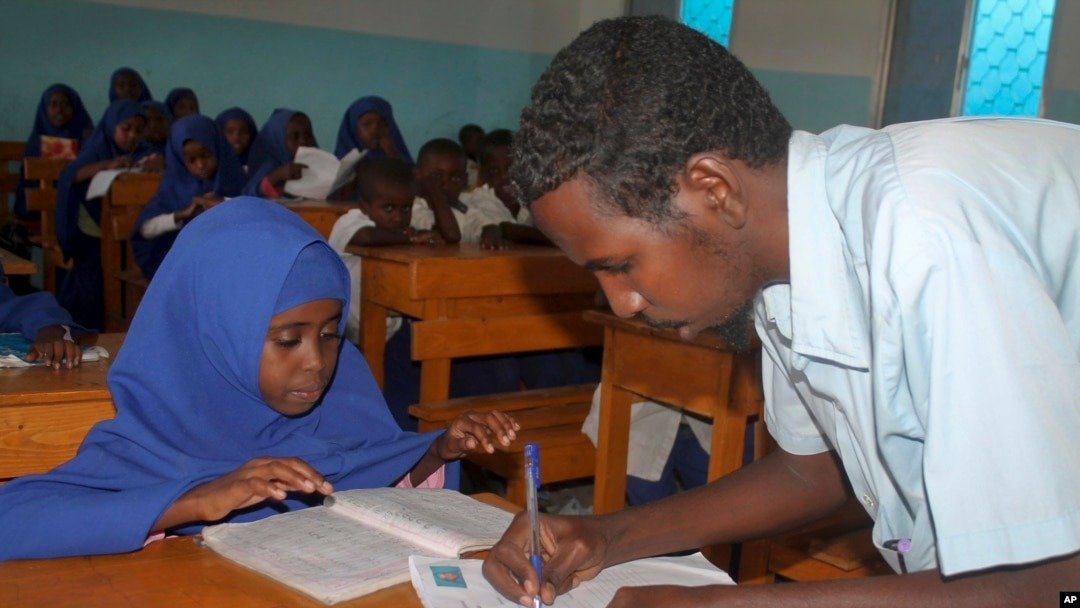
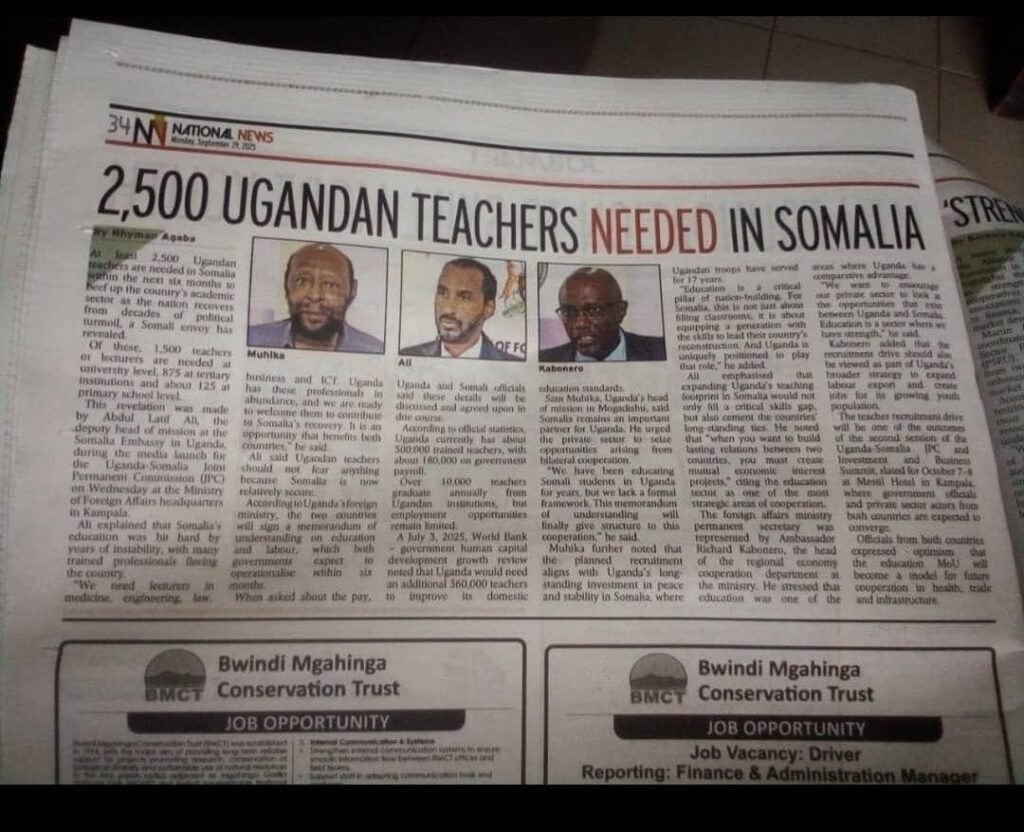
A Somali study has revealed that at least 2,500 Ugandan teachers are needed in Somalia within the next six months to help rebuild the country’s academic sector as it recovers from decades of political turmoil.
The breakdown shows a high demand for educators at various levels:
· 1,500 teachers or lecturers at the university level,
· 875 at tertiary institutions,
· About 125 at the primary school level.
This announcement was made by Abdul Latif Ali, the deputy head of mission at the Somalia Embassy in Uganda, during the media launch of the Uganda-Somalia Joint Permanent Commission (JPC) on Wednesday at the Ministry of Foreign Affairs headquarters in Kampala.
Ali explained that Somalia’s education system was severely affected by years of instability, leading many trained professionals to leave the country.
“We need lecturers in medicine, engineering, law, business, and ICT. Uganda has these professionals in abundance, and we are ready to welcome them to contribute to Somalia’s recovery. It is an important part of rebuilding our community,” he said.
Ali assured Ugandan teachers that they have nothing to fear, as Somalia is now relatively secure.
In response, Uganda’s Director of Regional and International Cooperation, Bhattarjee, confirmed that both governments are set to sign a memorandum of understanding on education and talent. This agreement is expected to be finalized within six months.
When asked about remuneration, officials from both countries stated that salary details and other terms will be discussed and mutually agreed upon during the forthcoming talks.
Uganda’s Teaching Workforce and Opportunities
According to official statistics, Uganda currently has about 300,000 trained teachers, with approximately 180,000 on the government payroll. Each year, about 10,000 teachers graduate from Ugandan institutions, yet employment opportunities within the country remain limited.
A World Bank-Government Human Capital Development Growth Review from July 31, 2025, noted that Uganda itself would need an additional 360,000 teachers to improve its own education record.
Ali emphasized the broader impact of this initiative:
“Uganda’s troops have served in Somalia for ten years, a critical contribution to regional stability. But this is not just about filling classrooms. It is about equipping a generation with the skills to lead their country’s reconstruction. Uganda is uniquely positioned to play that role.”
He added that expanding Uganda’s teaching footprint in Somalia would not only fill a critical skills gap but also strengthen bilateral ties.
“When you want to build lasting relations between countries, you must create mutual economic interest projects,” he noted.
Diplomatic Support and Future Plans
The Ministry of Foreign Affairs was represented by Ambassador Richard Kabonero, who heads the regional economic cooperation departments. He stressed that education is one of Uganda’s key export strengths.
“We want to encourage our people to seize opportunities that benefit both Uganda and Somalia. Education is a sector where we have strength,” he said.
Kabonero added that the initiative aligns with Uganda’s broader strategy to expand labor export programs and create jobs for its growing youth population.
The teacher recruitment plan is set to be one of the key outcomes of the second session of the Uganda-Somalia JPC and Investment and Business Summit, scheduled for October 7–8 in Kampala. Government officials and private sector teams from both countries are expected to attend.
Officials from both nations expressed optimism that the education MoU will serve as a model for future cooperation in health, trade, and infrastructure.
